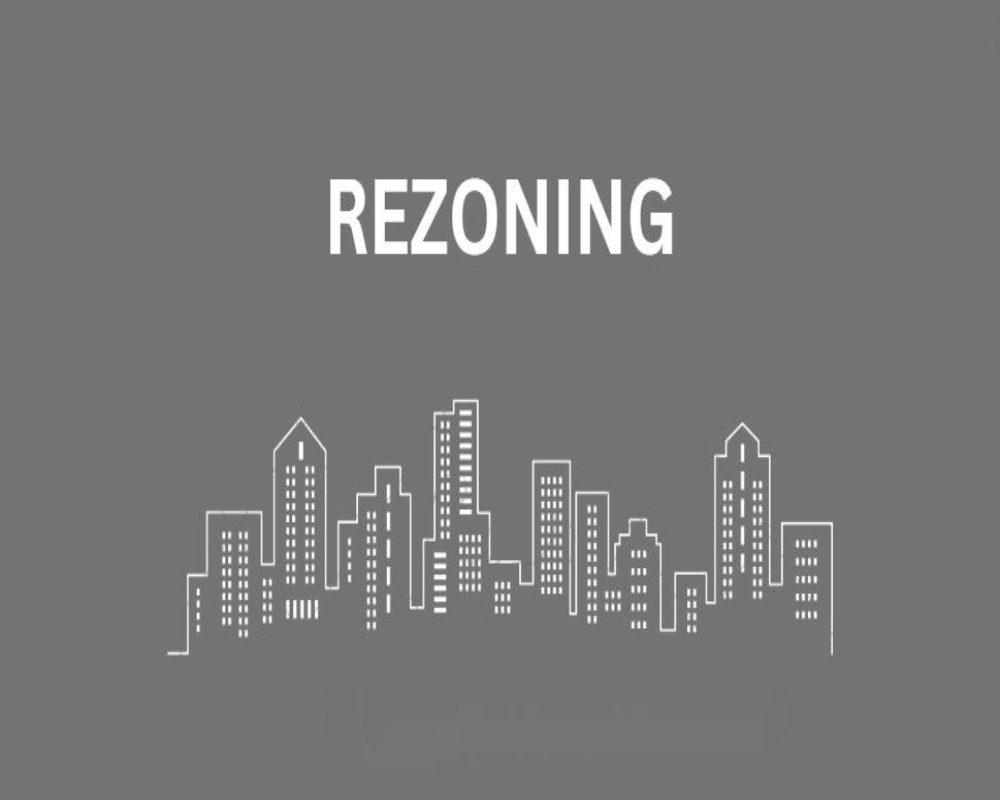New guidelines have been issued to streamline the process of rezoning residential plots for commercial use, aiming to address the growing demand for commercial spaces in expanding urban areas. Under the revised framework, property owners and developers can apply for rezoning through a more transparent and structured process that involves clear documentation requirements, defined evaluation criteria, and specified timelines for approvals. The new guidelines emphasize factors such as location suitability, impact on surrounding residential communities, availability of supporting infrastructure, and compliance with broader urban development plans before granting commercial status to a residential plot.
The guidelines also introduce stricter controls to prevent haphazard commercialization, ensuring that rezoning decisions contribute positively to organized urban growth. Authorities will evaluate applications based on factors like road width, traffic capacity, parking provisions, and neighborhood compatibility to maintain livability standards while enabling business expansion. In addition, the revised framework stipulates that once rezoning is approved, guidance values for the converted plots will be updated to reflect their new commercial classification, potentially leading to higher property taxes, stamp duties, and increased land values.
By formalizing and simplifying the rezoning process, the government aims to encourage legitimate commercial development, reduce unauthorized land use conversions, and provide a clear path for investors and businesses seeking to establish operations in strategic locations. The introduction of these guidelines is expected to unlock new real estate opportunities, stimulate economic activity in emerging business districts, and contribute to a more balanced and sustainable urban growth model across rapidly expanding cities.


